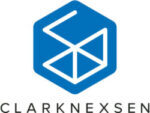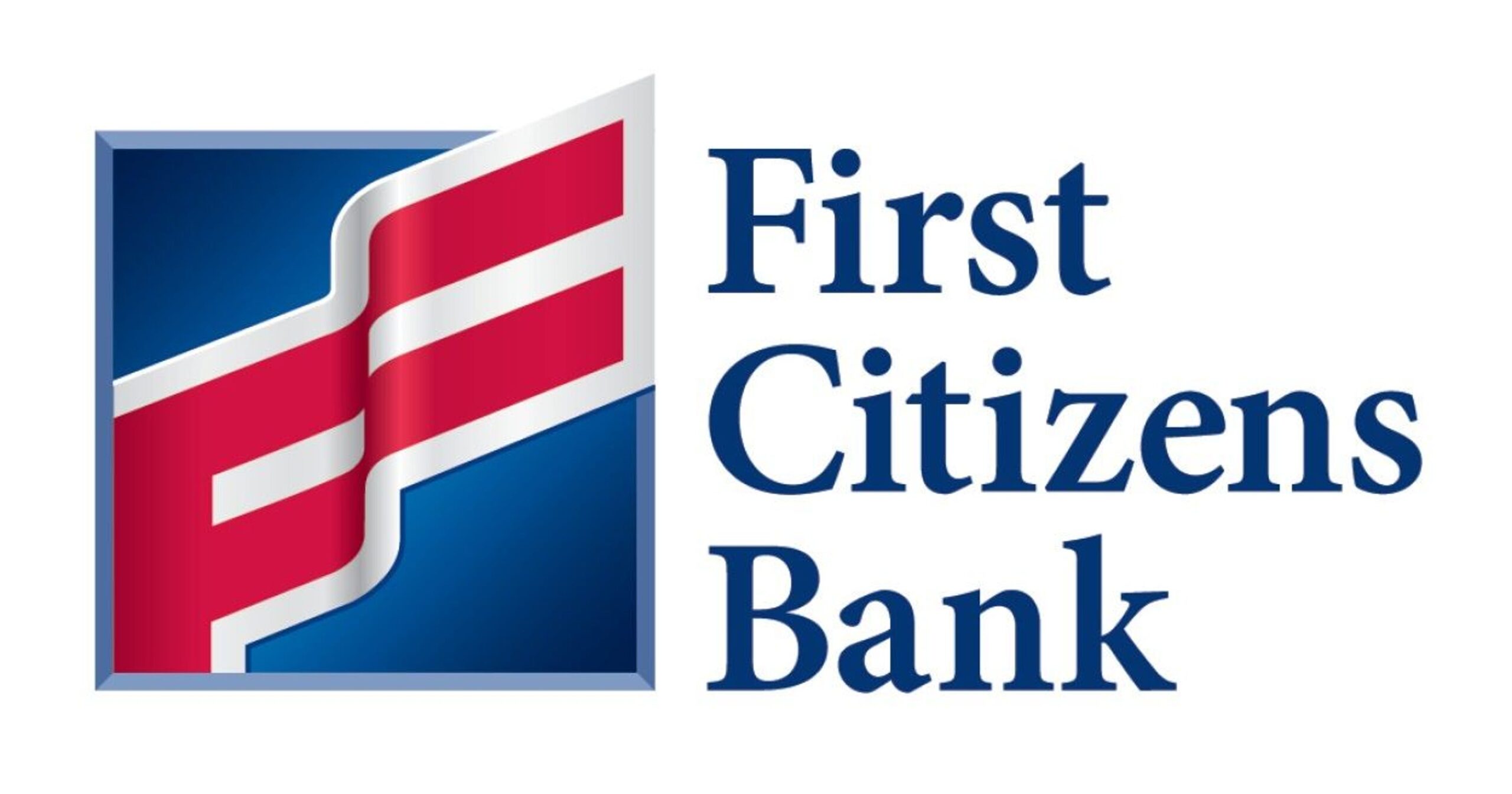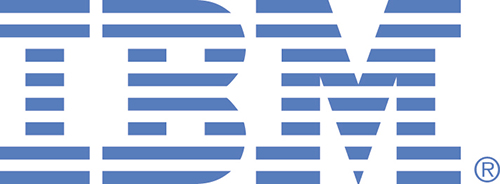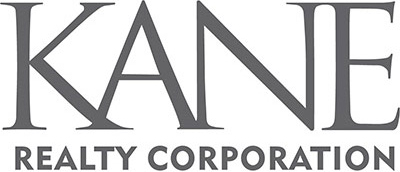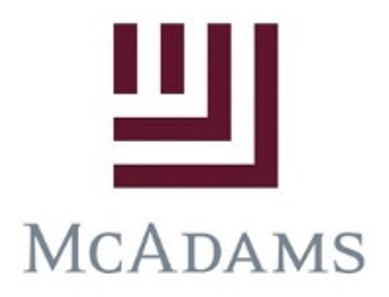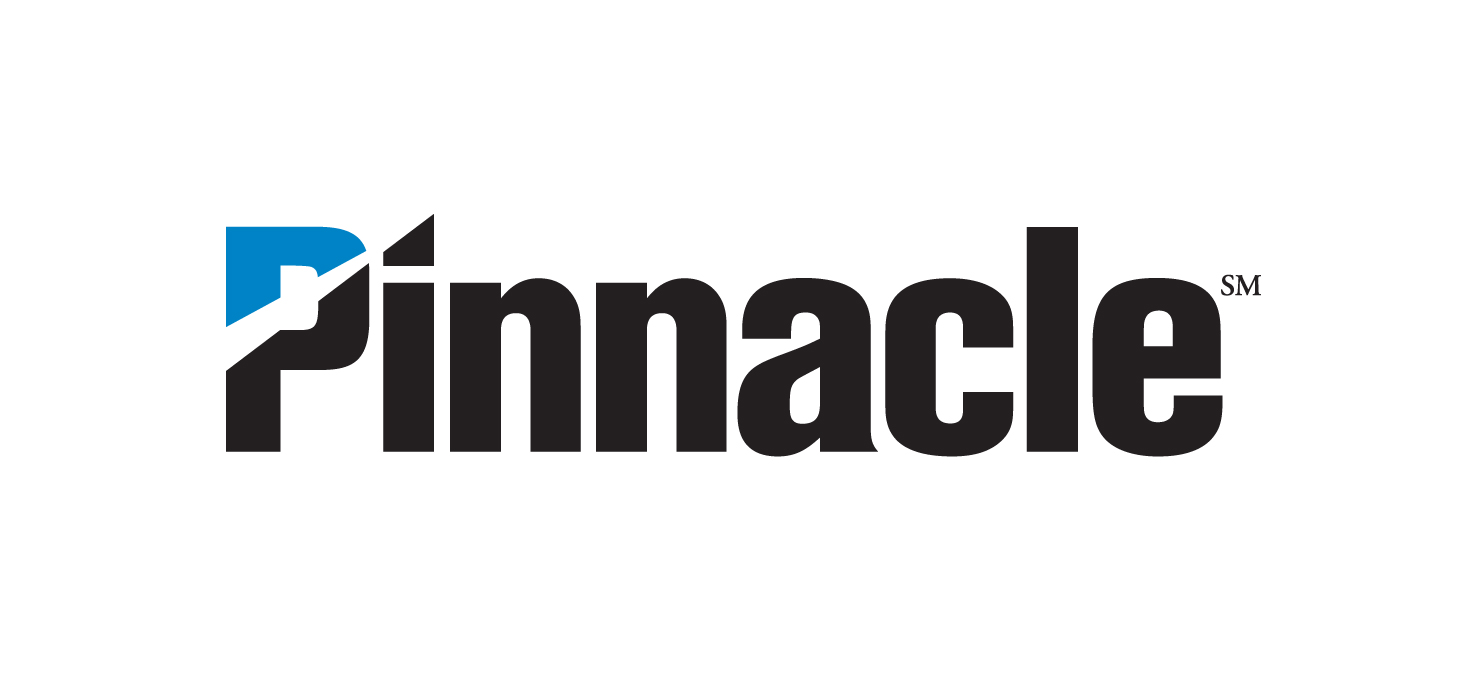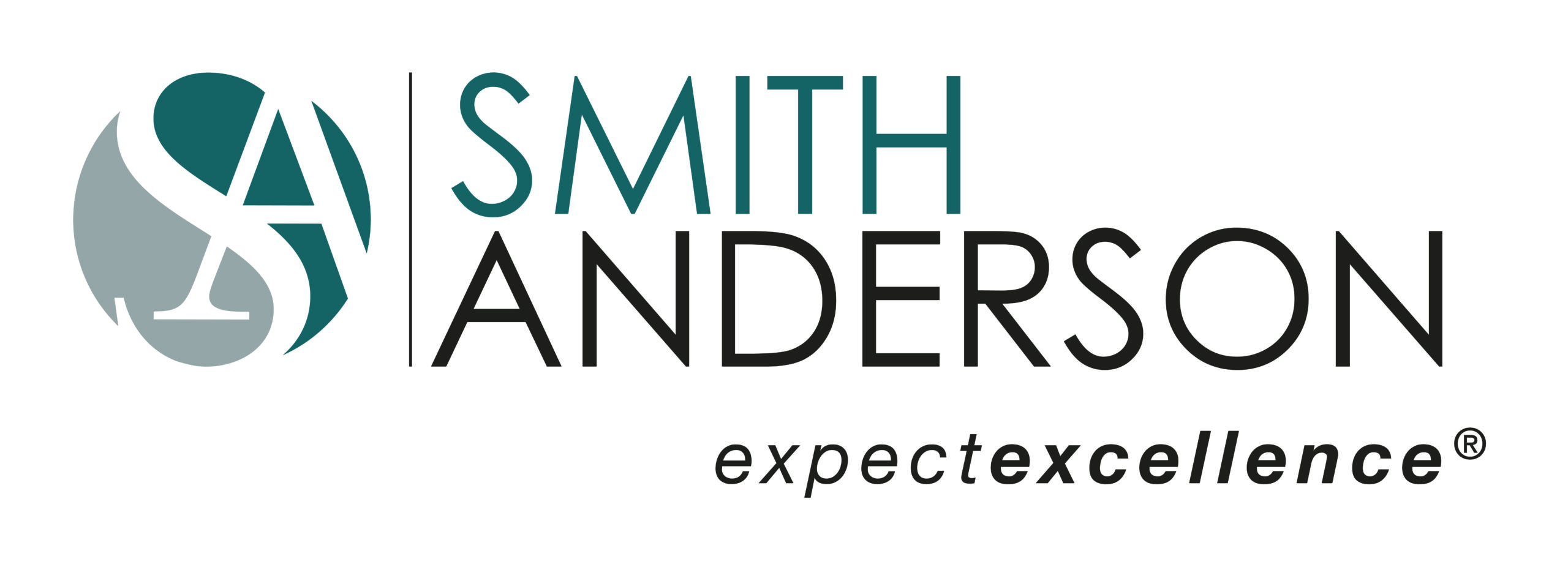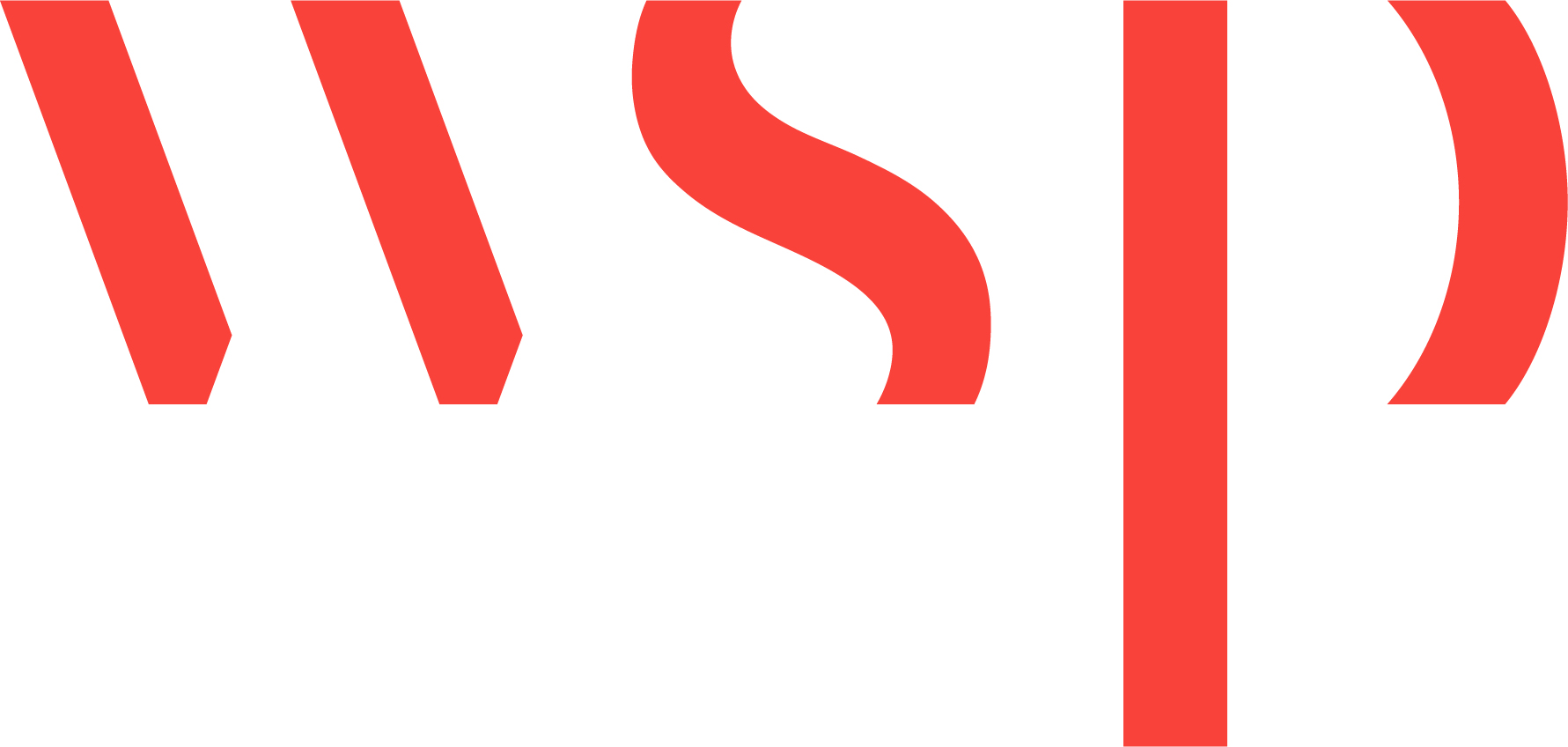A simple, business-friendly transit fare solution – that already exists.
- February 7, 2019
- Posted by: Joe Milazzo II
- Category: Blog, Thursday thoughts at 3

I rarely use transit to go to work, for a variety of reasons. However, I do use it periodically, typically with my children, to travel within our community (Cary) for other purposes.
My kids now travel free on transit, as do yours – 12 and under with you, and 13-18 on their own, as long as they get a Youth GoPass, which they can obtain free at their local library.
But adults above age 18 do not travel free on the Raleigh, Durham, Cary, or regional GoTriangle systems, and the fare situation can be rather confusing, particularly for someone who does not use transit frequently. However, there is a simplified workaround that I never knew about – until now – that I believe can be particularly helpful for members of the business community who do not use transit very often, at least not yet.
But first, why are transit fares confusing? Lack of familiarity with the system is one, the sheer number of current pass and fare options is another. A related issue or barrier is the complexity of the pre-payment process itself – you have to guess or predict how much (and when) you will use transit to determine which pass will work best for you. For those of us who don’t use transit very often, predicting usage is a challenging exercise, so we often skip it and just drive anyway.
A few comparative examples may help explain the problem, and point the way to a business-friendly solution.
Consider driving. We pay our fuel taxes at the pump, and our registration fees to the DMV, typically electronically. At that point, we can travel on any road in the state and beyond, as long as we don’t run out of fuel. Neither NCDOT nor our area municipalities ask us when we expect to travel, or to predict how many trips we plan on taking on an upcoming day, week or month. We retain that flexibility, and frankly take it for granted.
While our 540/147 turnpike does charge a usage fee, they too don’t care when you use it, and that is true whether or not you pre-pay with your transponder – and your account automatically replenishes – or you just get billed post-usage. Obtaining a transponder – for free, by the way – does provide a 35% discount on toll rates, but that applies forever, so it doesn’t matter when or how often you use the roadway.
Unfortunately, transit passes typically don’t work that way. While I can get a daily, weekly or monthly pass, if I am rarely going to use the service, or don’t know if I am going to use it during a particular period of time, then I may not bother getting one at all. While varying transit passes and fares are probably fine for the frequent transit user, their current setup often creates a barrier to even considering transit for everyone else.
But there is a way out of much this confusion for many potential users, and in our beloved Triangle, I believe that way is called the regional value card. It is a remarkable solution for the occasional or non-transit user, which in this market is the typical member of the business community. Fortunately, the regional value card already exists, and it works even better than I had hoped.
To get a regional value card, you simply pay $20.
For me in Cary, I can get it at Town Hall, or call the Town Finance Department at (919) 469-4380 and have them mail one to me, or even buy it directly on any GoCary bus. You might live in Raleigh, and if so, you could purchase them at the GoRaleigh station or at Crabtree Valley Mall ticket machines, and similarly in Durham at the Downtown Durham station. Or, you can simply order it online here from GoTriangle.
No matter where you buy it, you don’t get $20 worth of future transit service – you get $25. Value!
… But it gets even better.
You don’t have to use it right away, or predict your usage. The value card doesn’t just work for a day, or a week, or even a month. It doesn’t expire for an entire year!
… It gets better.
You simply present the value card as your one-way ticket, and the fare machine prints the remaining amount on the back – so you always know how much is left on the card, without having to check your balance online or at the farebox. If the card runs out of room to print the balance, the fare machine simply gives you a new value card with a clean back and the correct balance.
… It gets better.
While not required, you could still purchase a daily pass with the value card and save even more on your transit travels! You would first purchase the value card – where you get $25 worth of fares for only $20 – and then buy a (separate) daily pass with the value card, which effectively discounts the price of the pass by 20%. Your value card will subtract the cost of the pass and print your remaining balance on the back of the value card for your future travels.
… It gets better.
You can use the regional value card on any bus in the region – GoRaleigh, GoDurham, GoCary, or regional GoTriangle – no matter where you originally bought the card. (The Chapel Hill and university systems do not charge a fare, so no pass or value card is needed.)
… It gets better.
You no longer have to think about or predict your usage. If you are making a quick discretionary trip, as long as you have a value card with you, you can simply present that card for your fare. If you know you will be making multiple trips that day, then you can use the card to buy a daily pass.
… It gets better.
You can now encourage your employees and associates can try transit in a manner that will not create an ongoing monthly expense on your corporate finances. You can consider getting each of your associates a $25 value card – for only $20 each – knowing that your associates can use it, whenever they want, any time during the next 12 months, on any bus in the region. So if you have say 25 employees, you could buy your entire team regional value cards for a total of $500 and help get them started on using transit as an option.
The regional business community has had a longstanding position in support of reducing barriers to considering and using transit. One barrier is inadequate service, and the approved regional transit plans are making a huge dent in solving that issue, particularly in Wake County which had the lowest relative ridership to start with. Another barrier is confusion and complexity in using the service, and the regional value card does an unexpectedly remarkable job of addressing that. While RTA also supports a review of fares overall, we recognize that the existence and benefits of the regional value card can mitigate several of the barriers to considering transit for infrequent or potential new users.
RTA applauds our regional transit providers for creating the regional value card, and we encourage our members to consider purchasing one for each of their employees, associates, and team members to jumpstart their consideration of transit as an option for some of their travel.
Joe Milazzo II, PE
RTA Executive Director
post reference: th3.2019.06




